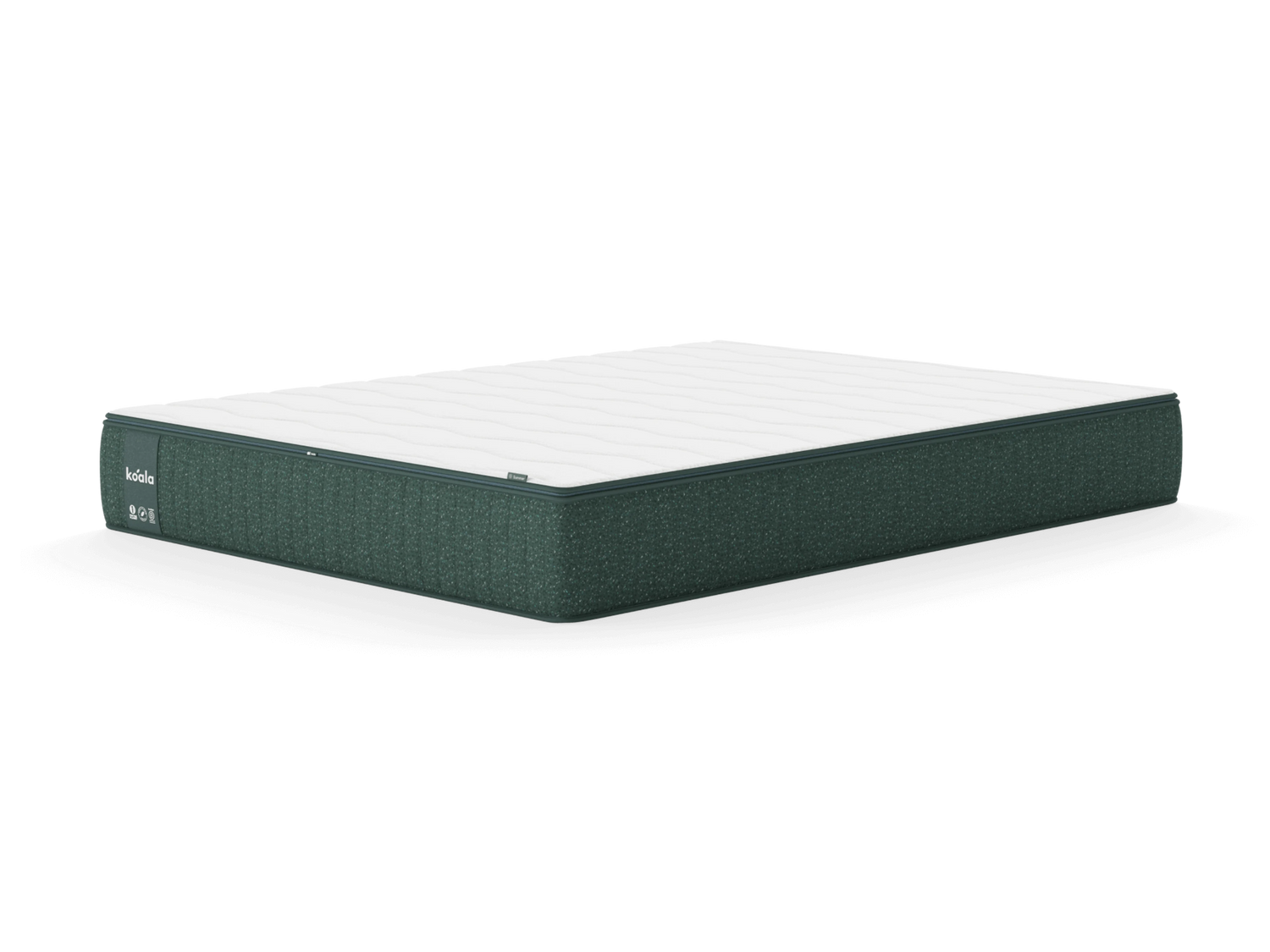
How to sleep during menopause
Share
Hot flashes and chills. Night sweats and weight gain. Mood swings and dry skin. These are just some of the “gifts” that menopause bestows on you. But in addition to all that you’re also likely to experience significant sleep challenges.
Approximately 61% of menopausal women report having sleep problems. You might have trouble falling and staying asleep, wake up frequently during the night, or even develop insomnia. To be fair, your life as a middle-aged woman is complicated enough even without menopause. The demands of raising children, advancing your career or caring for aging parents will all take its toll and may negatively affect your sleep. But do not underestimate the influence of such a huge biological change as menopause on your health and sleep.
Why menopause influences your sleep
Your sleep problems during menopause (just like other symptoms of menopause) are due to fluctuating hormones in this period of your life. During menopause, the woman’s ovaries stop producing the hormones estrogen and progesterone - a change that brings the end of the menstrual cycle and women’s reproductive years. The effect of these hormonal changes are profound, as these hormones do a lot more than simply regulate the woman’s reproductive functions.
Estrogen supports women’s cardiovascular health, promotes strong bones, positive mood, and a better cognitive performance. It also promotes healthier and higher-quality sleep.
Progesterone is a hormone that throughout reproductive years prepares the woman’s body for pregnancy, labor and breastfeeding. It also helps regulate mood, and promote a sense of calm, which in turn contributes to quality sleep. Lower progesterone levels are often associated with anxiety and restlessness.
How can I sleep better during menopause?
Women going through menopause should be particularly careful in maintaining good sleep hygiene. To get good quality sleep during this period of your life, follow these tips:
😴 Maintain a regular bedtime schedule, aiming to go to sleep and get up at the same time every day.
😴 Develop a bedtime routine that helps you relax. It may be a book, a cup of chamomile tea, a bath, or all of the above.
😴 Avoid screens too close to bedtime.
😴 Maintain a regular exercise regimen, but make sure not to exercise too close to bedtime.
😴 Keep your bedroom cool.
😴 Avoid eating large meals before bed. Avoid spicy foods, in particular, too close to bedtime (spicy food may cause sweating)
😴 Avoid drinking alcohol before bedtime
😴 Avoid excessive caffeine at least 6 hours before bed
😴 Wear loose pyjamas made of natural fibres to keep you comfortable and reduce the likelihood of sweating and waking up at night.



